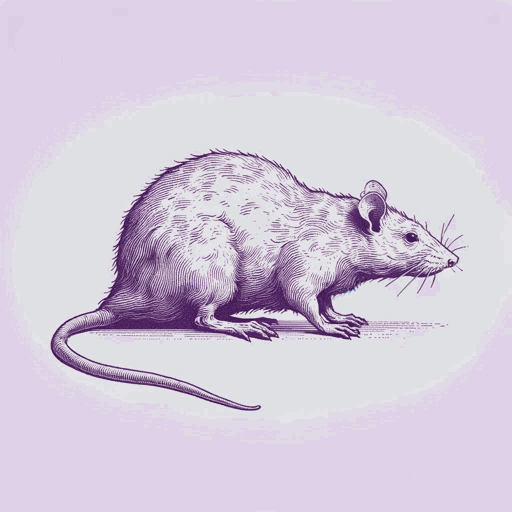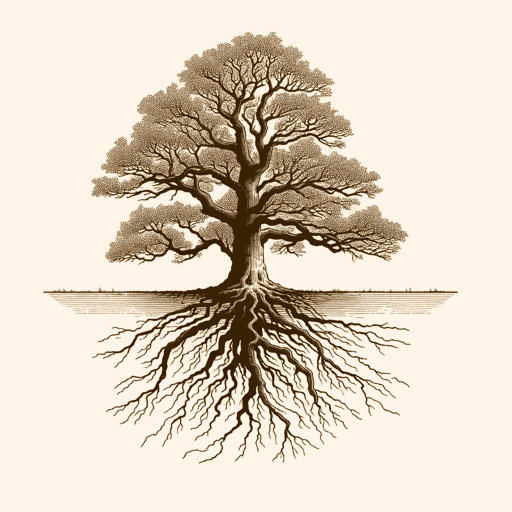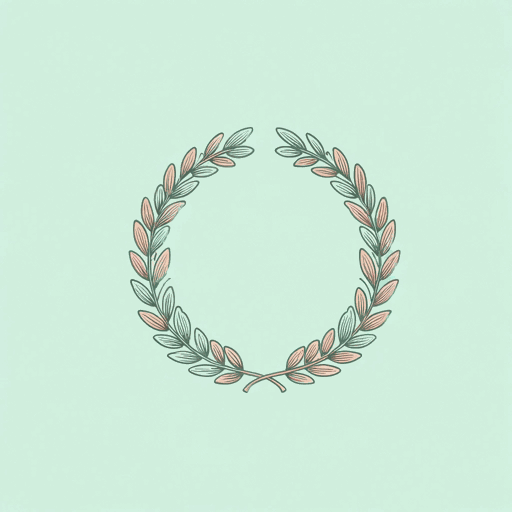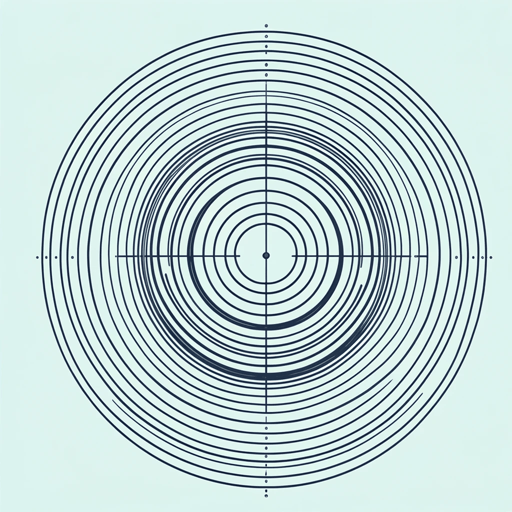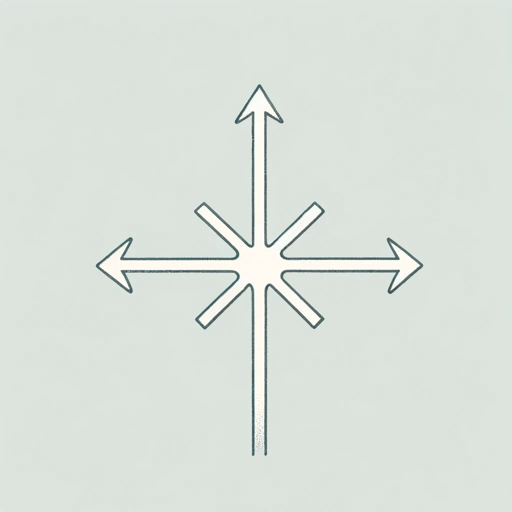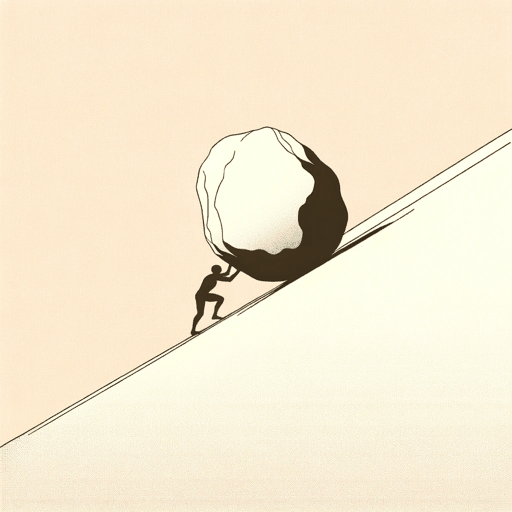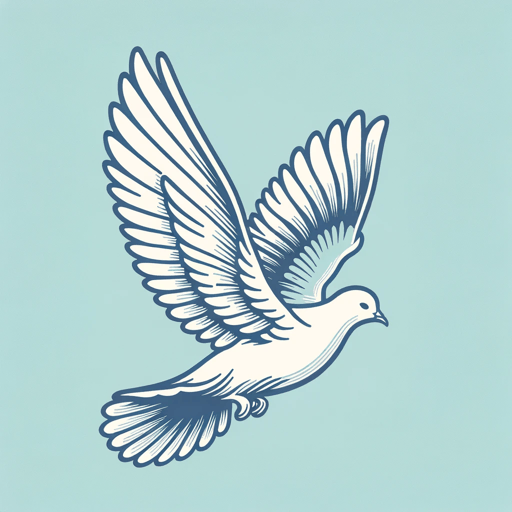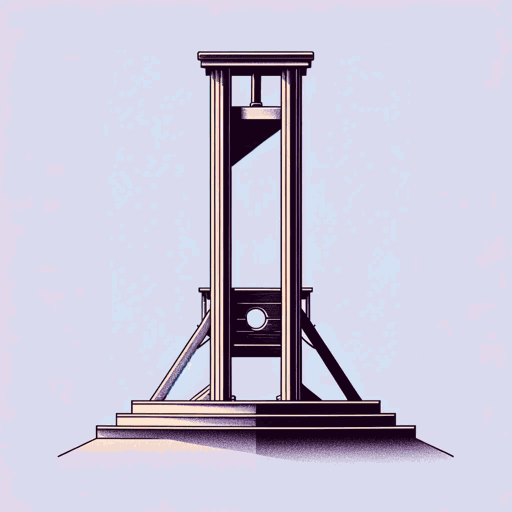42 pages • 1 hour read
Albert CamusThe Plague
Fiction | Novel | Adult | Published in 1947A modern alternative to SparkNotes and CliffsNotes, SuperSummary offers high-quality Study Guides with detailed chapter summaries and analysis of major themes, characters, and more.
Themes
Engagement in the Face of Injustice: Acts and Words
Throughout the novel Camus utilizes Oran’s events, characters, and setting to underscore his stance toward human existence and individual responsibility. As a novelist, essayist, and philosopher living in Paris during and after World War II, Camus became part of (though later repudiated) the postwar existentialist cultural and philosophical movement, which places utmost significance in the freedom at the core of human existence—hence humanism as its precursor. Deeming this individual freedom foundational in all other values, existentialism addresses facets of modern life that humans face, such as angst, boredom, isolation, nothingness, terror, and the absurd. With each person forced to confront these components of life—itself intrinsically absurd—the only option for the existentialist is to act at all costs. For the existentialist, human essence isn’t innate; rather, it’s constructed through a lifetime of choices informing one’s personal actions.
In The Plague disease and quarantine push every character to make choices regarding crucial issues. Rieux, in following with his profession, chooses dutiful service in the public sphere over personal considerations, like nurturing his wife’s declining health. Tarrou, having left home at a young age, chooses a solitary, nomadic life, which affords him the freedom to fight murder and death wherever he goes.
Related Titles
By Albert Camus
